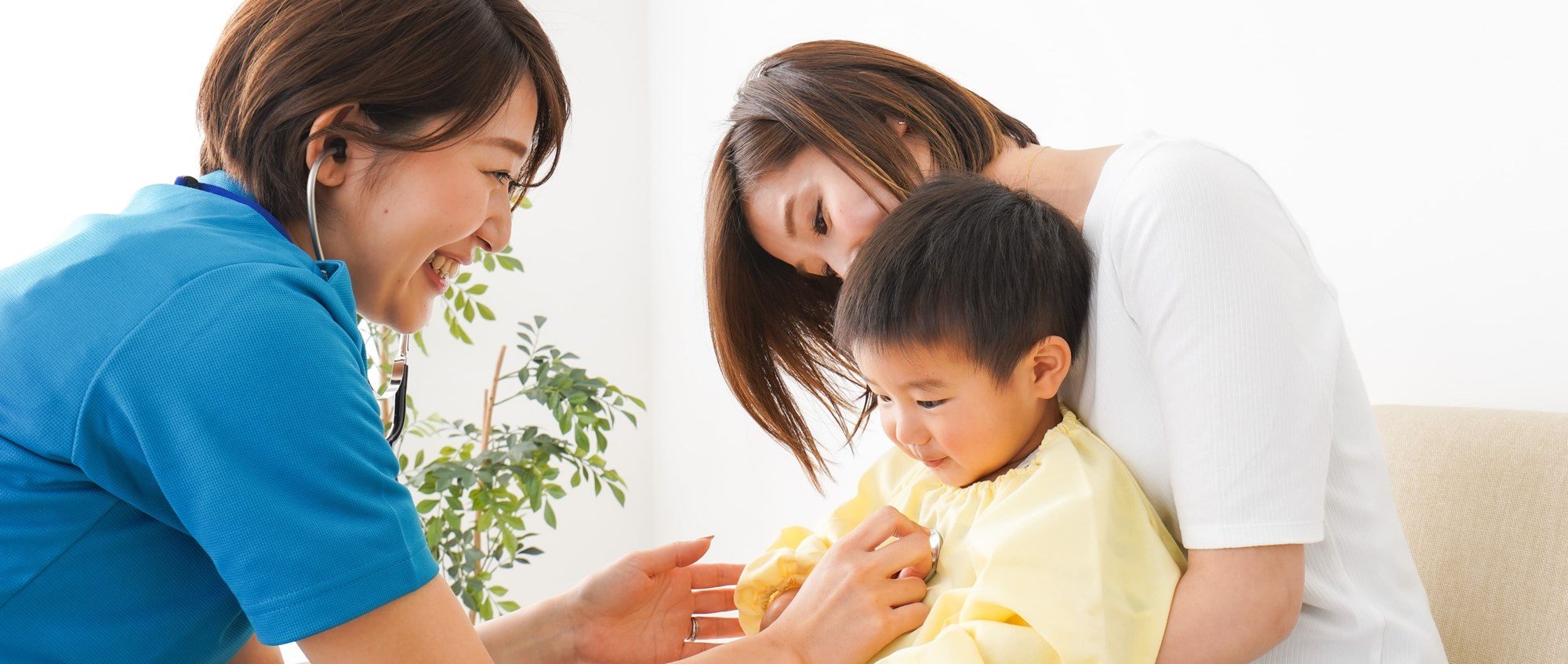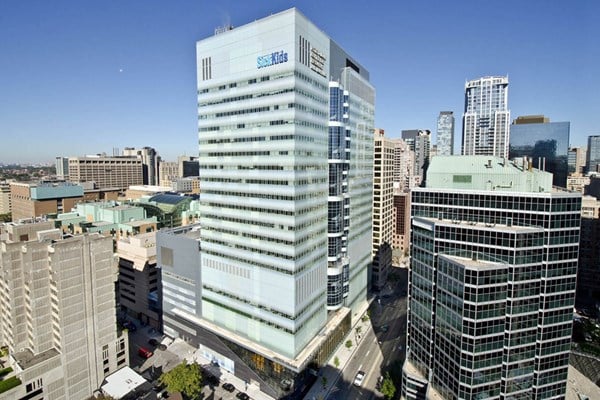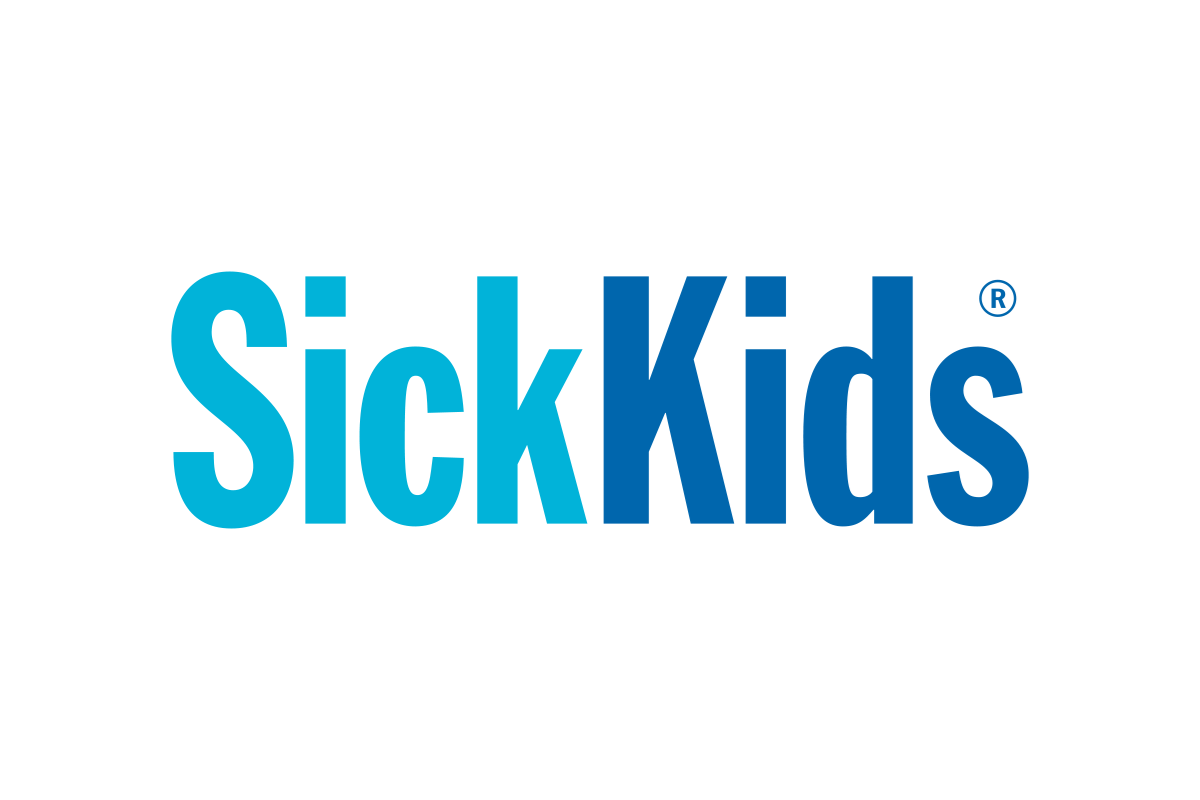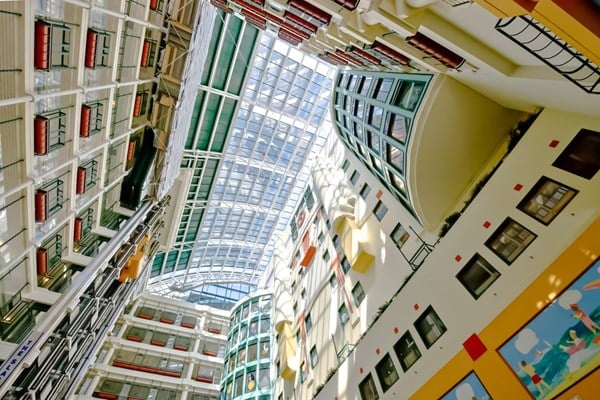Respiratory Medicine

The Division of Respiratory Medicine at SickKids provides multidisciplinary inpatient and outpatient services for infants and children with acute and chronic respiratory problems.
Programs, services & clinics
All referrals must be made by a family physician or paediatrician through EpicCare Link. Learn how to refer a patient.
Diagnostic services
Clinics
Collaborative clinics
Aerodigestive Clinic (Trans Esophageal Fistula and Congenital Diaphragmatic Hernia)
Tracheostomy Education and Communication at Home (TEACH) Clinic
Key staff
Division Head
Dr. Theo Moraes, MD, PhD, FRCPC
Staff Physician, Respiratory Medicine
Senior Scientist, Translational Medicine
Associate Professor, Department of Paediatrics
- Dr. Jose Matias, Chief Respiratory Medicine Fellow
- Dr. Enrique Villarreal, Respiratory Medicine Fellow
- Dr. Samahir Alsulaimani, Respiratory Medicine Fellow
- Dr. Tidirat Sriboonyong, Respiratory Medicine Fellow
- Dr. Ramy Boles, Respiratory Medicine Fellow
- Dr. Motaz Harahsha, Respiratory Medicine Fellow
- Dr. Nawal Alosaimi, Respiratory Medicine Fellow
- Dr. Alhanouf Alsughier, Sleep Fellow
- Dr. Nikytha Antony, Sleep Fellow
- Dr. Ela Alturkistani, Sleep Fellow
- Dr. Wirapatra Iamwat, Sleep and Long Term Ventilation Fellow
- Dr. Natalia Escobar, Sleep and Pulmonary Function Test Fellow
- Dr. Dylan Stephenson, Lung Transplant Fellow
- Dr. Jacob McCoy, Asthma Fellow
- Dr. Nawal Alqarni, Primary Ciliary Dyskinesia and Cystic Fibrosis Fellow
- Colleen Gauer, NP
- Sarah Haliburton, NP
- Constance Irwin, NP
- Joanna Janevski, NP
- Allison Zweernick, NP
- Ann Christine Manuel, RN
- Adrian Mendoza, RN
- Jennifer Welsh, RN
- Colin Massicote, Lead, Sleep Lab Technologist Team
- David Wilson, Lead, Pulmonary Function Technologist Team
- Adele Baker, Registered Respiratory Therapist
- Susan Balkovec, Registered Respiratory Therapist
- Nisha Cithiravel, Registered Respiratory Therapist
- Sherwin Paul Del Rosario, Registered Respiratory Therapist
- Shivani Jadav, Registered Respiratory Therapist
- Tuyen Tran, Registered Respiratory Therapist
- Melissa Trinh, Registered Respiratory Therapist
- Robin Deliva, Physiotherapist
- Blythe Owen, Physiotherapist
- Nimrita Sangha, Social Worker
- Daina Kalnins, Registered Dietician
- Kellie Welch, Registered Dietician
- Lori Chen, Pharmacist
- Regan Klatt, Genetic Counsellor

Research activities
We have a rich history of research excellence broadly focused in paediatric lung disease. Division members include Scientists and Associate-Scientists with significant research portfolios spanning basic bench research to observational cohort studies to interventional clinical trials. View Key Staff to visit their profiles to learn more.
Contact Respiratory Medicine
Clinic
For clinic contact information, visit our clinic pages.
Division
Fax: 416-813-6246
Division of Paediatric Respiratory Medicine
Room 4534, 4th Floor Hill Wing
555 University Avenue
Toronto, Ontario
M5G 1X8



